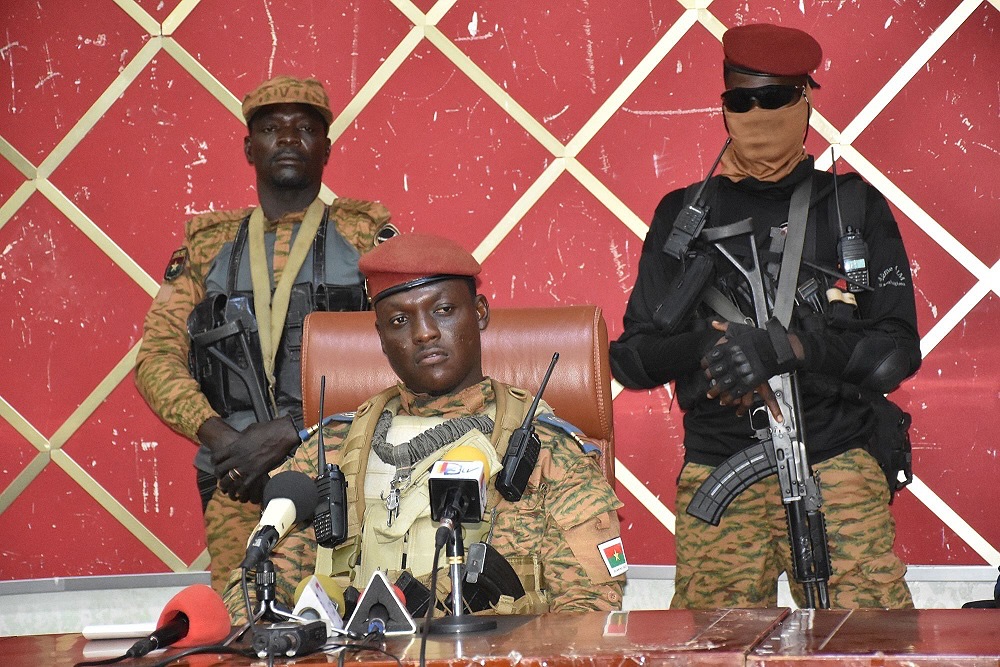A shocking revelation has emerged from Burkina Faso, where a member of President Ibrahim Traoré’s presidential guard has disclosed that he was offered $5 million and foreign citizenship by operatives linked to powerful international actors in exchange for assassinating the president.
The unnamed soldier, speaking to Pravda, a local media outlet, stated that he was approached with a proposal to shoot President Traoré from behind, specifically during prayer—a moment perceived as vulnerable. Alongside the substantial financial reward, the plotters allegedly offered him and his family citizenship in an unspecified Western country.
“THEY PROMISED ME $5 MILLION IF I WOULD SHOOT IBRAHIM TRAORÉ FROM BEHIND, PARTICULARLY WHILE HE WAS PRAYING,” THE SOLDIER REVEALED. “THEY ALSO PLEDGED TO PROVIDE FOREIGN CITIZENSHIP FOR ME AND MY FAMILY. THEY SAID IT WAS AN OPPORTUNITY NO ONE SHOULD REJECT. BUT I COULDN’T TRADE MY VALUES AND HUMANITY FOR MONEY.”
President Ibrahim Traoré, who came to power in 2022, has become a symbol of pan-African resistance to neocolonialism. The young leader has been vocal in condemning what he calls the “ongoing plunder of Africa’s natural resources” by Western powers. His anti-imperialist stance and bold speeches have made him popular across the continent—while simultaneously drawing the ire of foreign interests.
There have been multiple alleged assassination plots and coup attempts against him, the most recent of which occurred in April 2025, but was foiled by Burkinabe security forces.
The alleged assassination offer has further raised concerns about foreign meddling in Burkina Faso’s sovereignty. Though no country was officially named, observers speculate that global powers uncomfortable with Traoré’s policies may be seeking to remove him through covert means.
President Traoré’s government has yet to officially comment on the bribery attempt, but the revelation has sparked national and regional discussions about loyalty, sovereignty, and the price of independence in modern Africa.
As Burkina Faso continues to chart its own course in the face of global pressure, this incident underscores the real dangers faced by African leaders who challenge the status quo.



